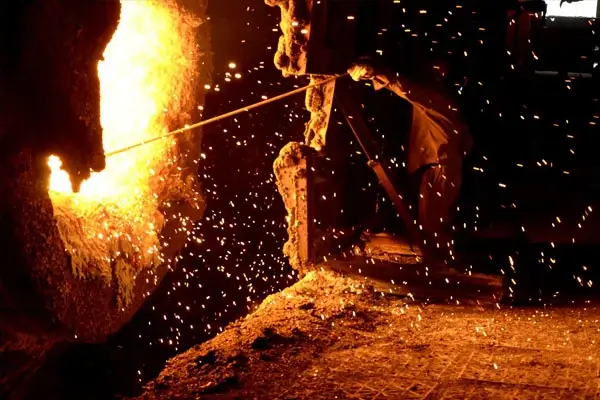The EU steel industry association Eurofer said the European Union should avoid gas supply disruptions for the time being "until alternative infrastructure is available".
The association released a statement on Wednesday in response to the presentation by the European Commission REPowerEU of a new plan to reduce dependence on Russian fossil fuels and accelerate the transition to green fuels.
“Without strategic industrial energy consumers such as the steel industry, the energy transition will not succeed. Energy-intensive industries must be integrated at all levels of policy development and policy discussions as key drivers for the decarbonization and independence of the European energy system,” said Axel Eggert, CEO of Eurofer.
“The steel industry's rapid access to green hydrogen will boost hydrogen markets in Europe. But alternative gas supplies beyond Russia will remain critical until hydrogen infrastructure is available at affordable prices. We need a revision of the EU energy strategy for the sake of cohesion, cooperation and intersectoral dialogue,” he adds.
In recent weeks, the EU has been negotiating a ban on the import of Russian oil and gas, but the authorities have not yet made a decision. While there is widespread support for accelerating the transition to a green economy to limit Europe's reliance on fossil fuel imports, sources also point out that targets need to be realistic in order to be met and implemented by industry.
“Currently, there is no hydrogen economy or infrastructure for the steel sector. Our industry alone will need over 150 TWh of clean electricity, half of which is for hydrogen production, by 2030 to power 60 low-carbon projects in the EU. These requirements are twice the electricity consumption of the whole of Belgium,” concludes Eggert.




